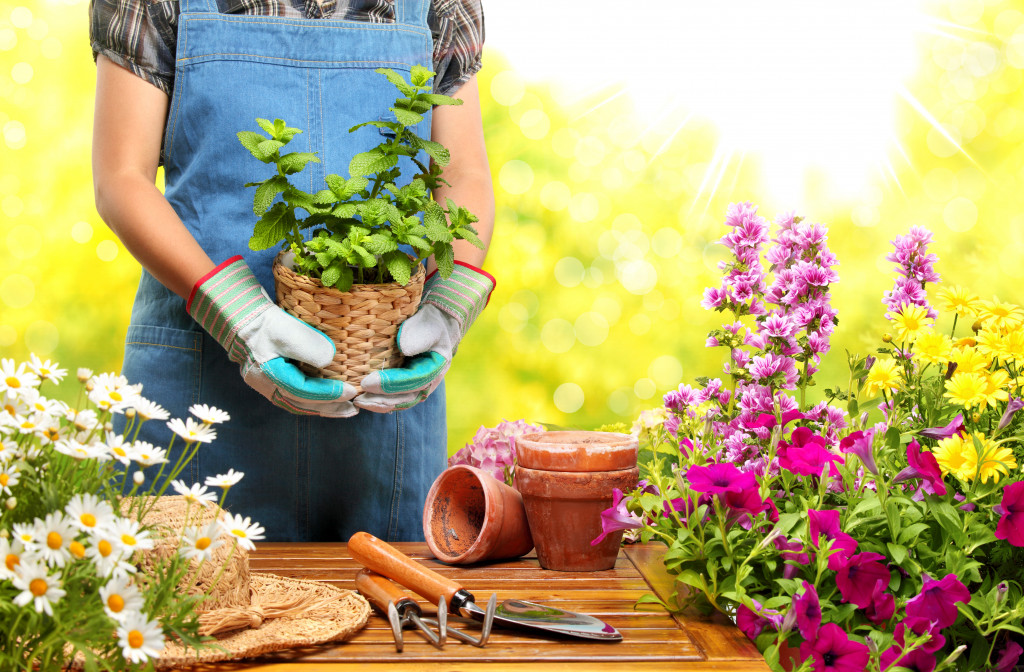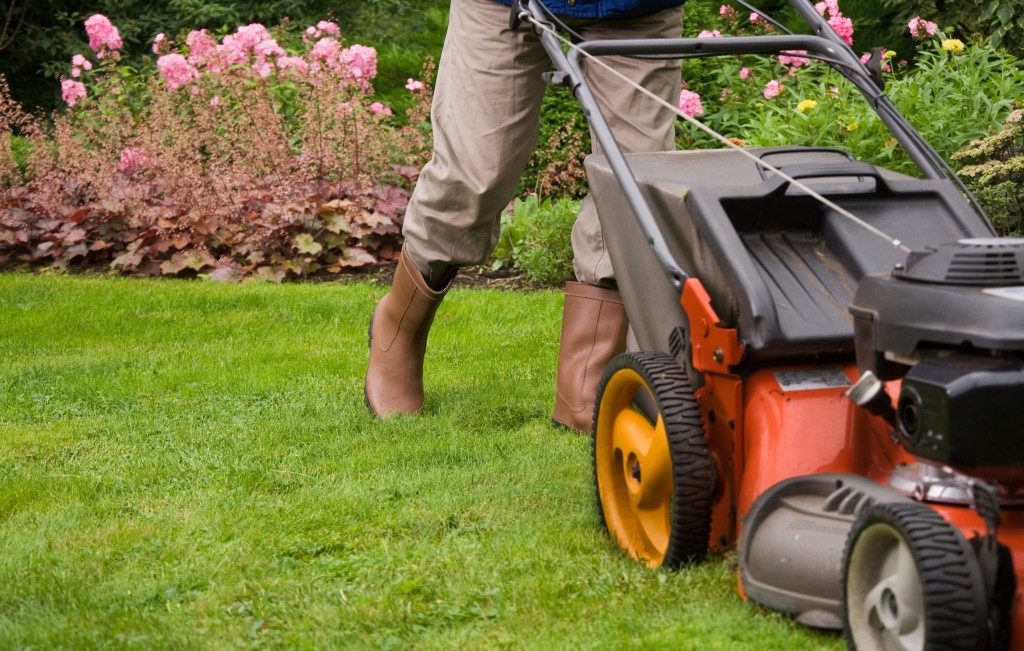With over 300 million cases of COVID-19 around the world, it would be best to stay at home. Although the omicron variant is not as potent as its predecessor, the delta variant, the alarming rate at which the number of cases has risen should not be taken lightly. By staying at home and reducing the chances of being infected or infecting other people, individuals can take a stand against COVID-19 and avoid overwhelming the healthcare system.
One of the main issues from the early days of the pandemic was supplies and how to get them. When panic buying sets in, the availability of products in stores becomes limited. Therefore, self-reliance in uncertain times can be achieved through farming your food in your garden. If you do not have a lot of space at home, a few pots should do the trick, or you can find a community garden in your area. Either way, gardening will improve your mental health and food security.
Here are some quick tips you can follow, regardless of whether you are only starting out or if you have been gardening food for a long time:
1. Learn as Much as You Can
Whether you have been farming for a long time or this is your first time considering the idea, it is important to learn as much as you can about plans. Even experienced farmers continue to learn from one another and include it in the wealth of information on the internet. The collaboration for food security is now global, allowing individuals to provide for themselves, their families, and the community.
Farming is a challenging line of work because of the nuances of the different tricks used on each crop in various parts of the world. Training, such as courses for tree surgeons and maintenance, can provide the added advantage of awareness on treating cases other farmers may not be familiar with. There is plenty of information to gain because agriculture is never a “one solution fits all” scenario. So, keep an open mind and be ready to learn from other people.
2. Seedlings Versus Seeds
Seedlings can save you the time and struggle of getting your seeds to germinate and sprout. Not all seeds germinate, and that will be at the loss of the person selling you the seedling. Unfortunately, as a result, seedlings will cost more than seeds, and the latter can sometimes be collected for free.
Some special seeds and seedlings have been treated with chemicals that can make it more likely for them to germinate. It also reduces the chances of it being infected early on. The chemical coating is of a particular colour for various seeds and seedlings. However, these will be pricier than normal seeds and seedlings because of the research and materials that went into making the protective coating.
The main thing you have to consider when choosing between seeds and seedlings is the time you have before you need the plant to start bearing fruit or vegetables. Another consideration to make is whether you are capable of handling the delicate stages of the plant as it transforms from seed to plant. You should work with seedlings if you want to speed up the process of developing your garden.
3. Organic Farming — Is It Possible?

One of the reasons people start growing their food is to eat organic food. They want to have control over what goes into their body. But there are specific definitions assigned to what can be labelled as organic by the Food and Drug Administration. For instance, there are various legal definitions for what an organic egg can be or the level of permissible synthetic chemicals in the soil for your lettuce to grow in. Since it can be difficult to determine this in your home garden, you can decide on your own definition of organic (so long as you do not put it up for sale).
You could use organic fertilizer made up of carbon rice husks and dried chicken poop. These will improve the carbon to nitrogen ratio of your soil, allowing your plants to grow well. You could also use blended oregano leaves that are diluted in water as a natural insecticide and pesticide.
Although not everyone can be skilled enough to grow their own food, it is always worth a try. It can even be a rewarding experience when you use your fresh herbs or produce whenever you cook yourself a meal. At least, in this way, you know where everything came from and what went into growing them.



